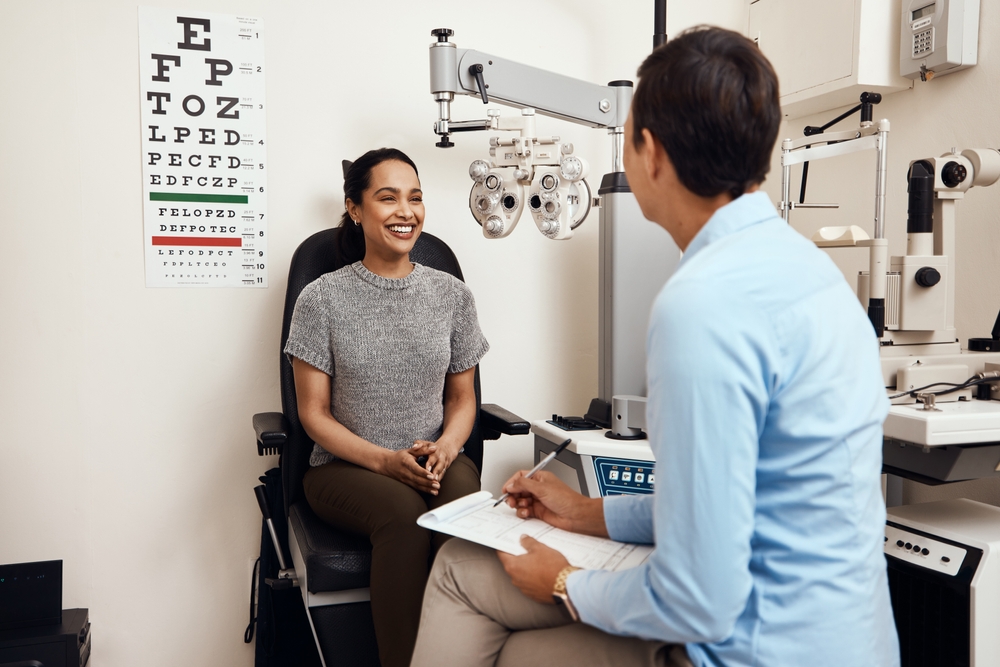
It is essential to go for your eye exams whether you are experiencing problems with your eyes or if they are okay. They help detect slight issues that may not bring about symptoms. The result is early treatment of conditions that could lead to vision loss.
One of the eye doctors that can conduct such exams is an optometrist. Prepare yourself as you go in for the eye exam. Do so not just for the tests you will undergo but also to ask questions and learn more about your eye health. Get to know what you need to do going forward to protect your eyes from vision loss.
Here are four questions you can ask your optometrist.
What Tests Will You Be Doing Today?
An eye exam consists of several tests. During the tests, your optometrist will talk to you and ask questions. Thus, it is also a good time to spark a conversation about the eye tests they will perform. It will help keep you comfortable and at ease.
It will also enlighten you on the instruments and procedures they conduct during the test. So when the doctor asks you a question, you will not hesitate with the answer. You will know what they are looking for and answer accurately.
You can formulate questions you will ask before the exam and others you can ask during the visit. The exam itself concerns your vision. But sometimes, the optometrist may detect other health issues. These include diabetes, high blood pressure, high cholesterol, and risk of stroke.
What Do My Symptoms Mean?
Your eyes change throughout your life. Your optometrist may find a change in your prescription or some irregularities that may suggest an eye condition. Get to know what these changes will mean for you. Do you have to make changes in your lifestyle? Does it mean you have to undergo treatments? Whatever the diagnosis, work with your optometrist to ensure you prevent vision loss.
What Changes Can I Expect As I Age?
It is always good to know what to expect. It will help you prepare adequately. However old you are, pay attention to what your optometrist tells you to note. They may also suggest some lifestyle changes. It may be hard to incorporate them into your life, but keep trying. They will help you prevent age-related eye conditions and vision loss.
Why Do I Need a Retinal Specialist or Ophthalmologist?
After your eye exam, the optometrist may have other concerns. If so, they may refer you to a retinal specialist or an ophthalmologist. These doctors are specialists in dealing with different eye conditions that an optometrist may not readily handle.
They will help you deal with diseases like macular degeneration or cataracts. It is easier to ask the optometrists why you need to go to another specialist before leaving the office. It will help you prepare for that visit. You will know what to expect.
Conclusion
Questions help you mentally prepare for what comes next. Whether you ask them before, during, or after the visit, they will prepare you for the next step. Thus, it is essential to prepare beforehand and learn all you can.
To learn more, visit Blue Hills Eye Associates at our Braintree, Massachusetts office. Call (781) 794-2200 to book an appointment today.








